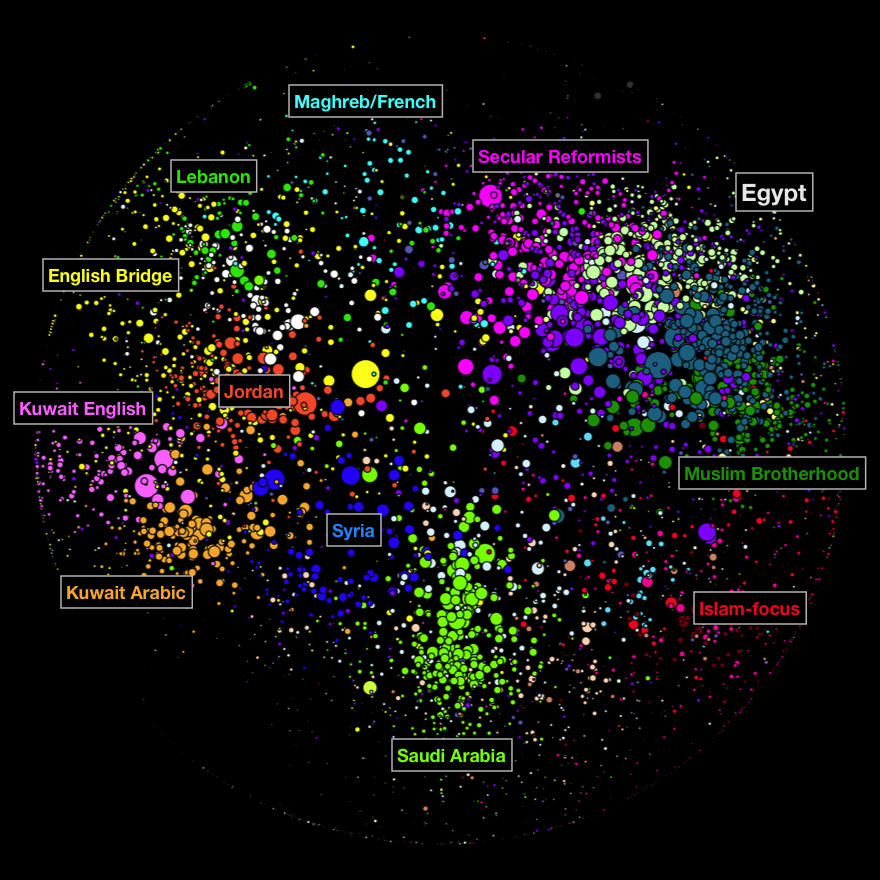Shanthi Kalathil, Taylor C. Boas: Open Networks, Closed Regimes: The Impact of the Internet on Authoritarian Rule (2003)
Filed under book | Tags: · censorship, e-government, human rights, internet, mass media, politics

As the Internet diffuses across the globe, many have come to believe that the technology poses an insurmountable threat to authoritarian rule. Grounded in the Internet’s early libertarian culture and predicated on anecdotes pulled from diverse political climates, this conventional wisdom has informed the views of policy makers, business leaders, and media pundits alike. Yet few studies have sought to systematically analyze the exact ways in which Internet use may lay the basis for political change.
In Open Networks, Closed Regimes, the authors take a comprehensive look at how a broad range of societal and political actors in eight authoritarian and semi-authoritarian countries employ the Internet. Based on methodical assessment of evidence from these cases—China, Cuba, Singapore, Vietnam, Burma, the United Arab Emirates, Saudi Arabia, and Egypt—the study contends that the Internet is not necessarily a threat to authoritarian regimes.
Publisher Carnegie Endowment for International Peace, Washington DC, 2003
Global Policy Books series
ISBN 0870031945, 9780870031946
217 pages
Speak Up, Speak Out: A Toolkit for Reporting on Human Rights Issues (2012)
Filed under handbook | Tags: · activism, civil society, human rights, journalism

This toolkit is both a human rights reference guide and a workbook for journalists and civic activists who want to improve their ability to report on human rights issues in a fair, accurate, and sensitive way.
Editor and Producer: Manisha Aryal
Publisher Internews, Washington DC, February 2012
Creative Commons Attribution-NonCommercial-NoDerivs 3.0 Unported License
174 pages
Mapping the Arabic Blogosphere: Politics, Culture and Dissent (2009)
Filed under report | Tags: · blogging, culture, egypt, human rights, internet, islam, middle east, networks, politics, religion
“We conducted a study of the Arabic language blogosphere using link analysis, term frequency analysis, and human coding of individual blogs. We identified a base network of approximately 35,000 active blogs, created a network map of the 6,000 most connected blogs, and with a team of Arabic speakers hand coded 4,000 blogs. The goal for the study was to produce a baseline assessment of the networked public sphere in the Arab Middle East, and its relationship to a range of emergent issues, including politics, media, religion, culture, and international affairs.”
Authored by Bruce Etling, John Kelly, Rob Faris, John Palfrey, Internet and Democracy
Published by Berkman Center, June 2009
Internet & Democracy Case Study Series
Berkman Center Research Publication No. 2009-06
62 pages


